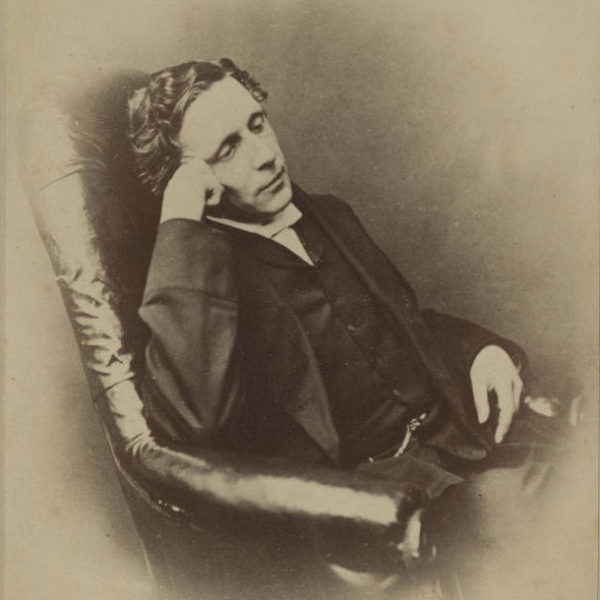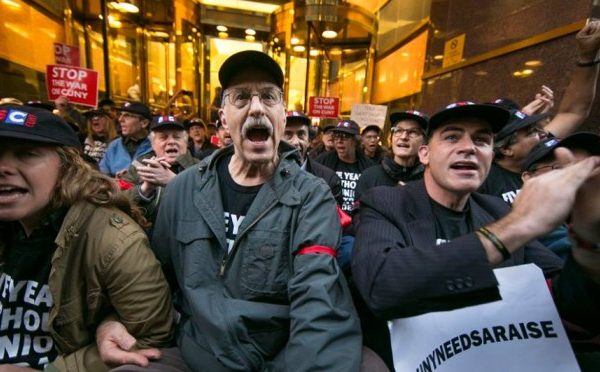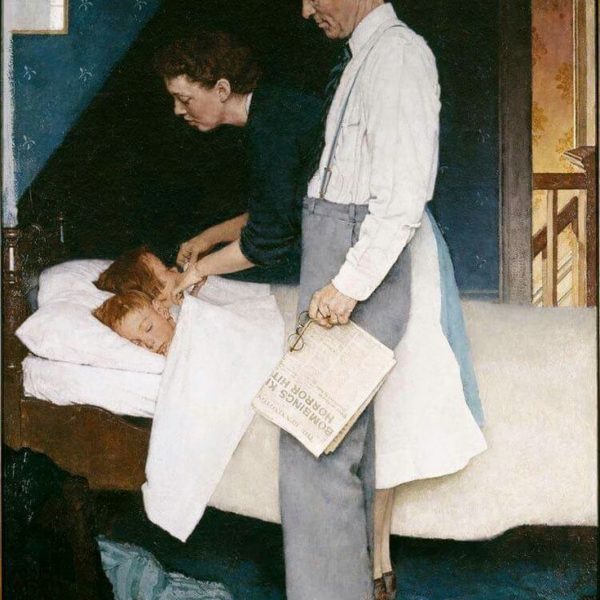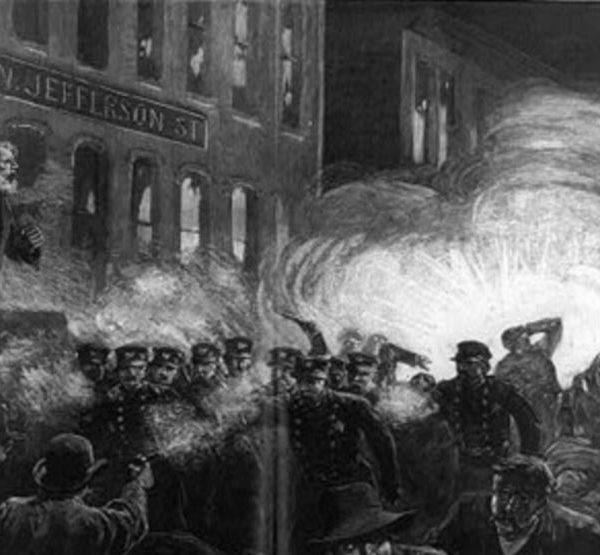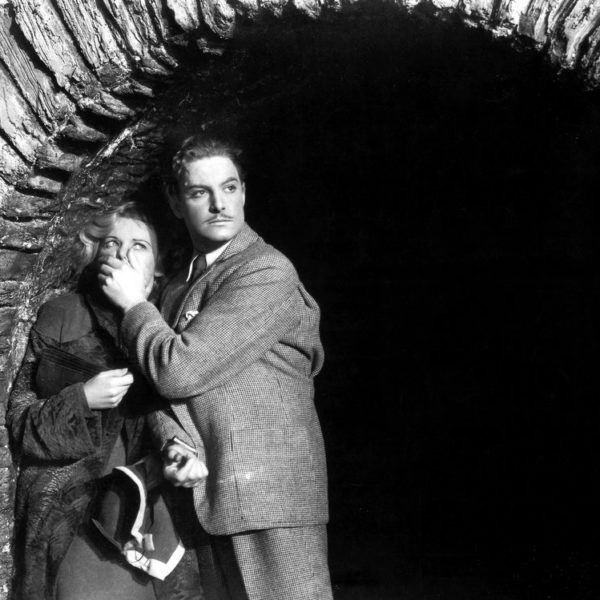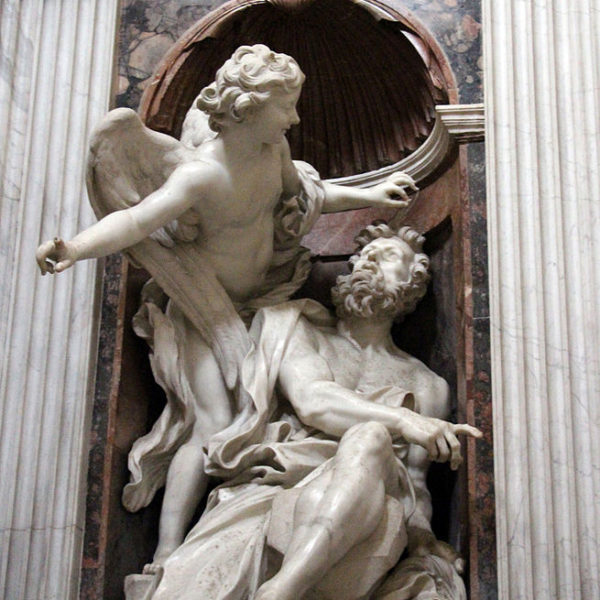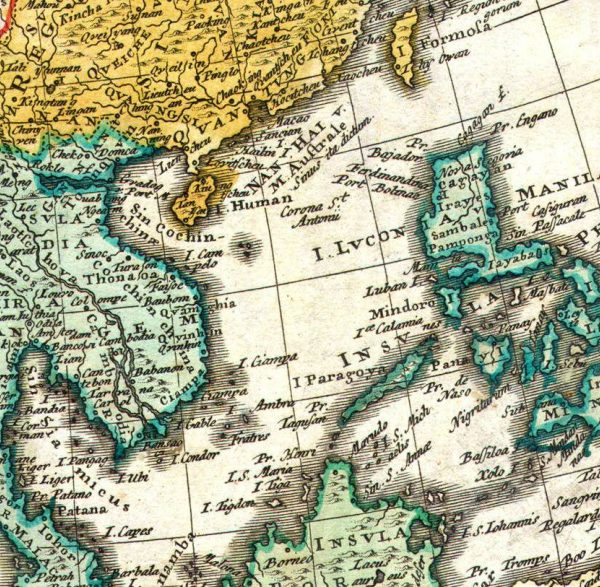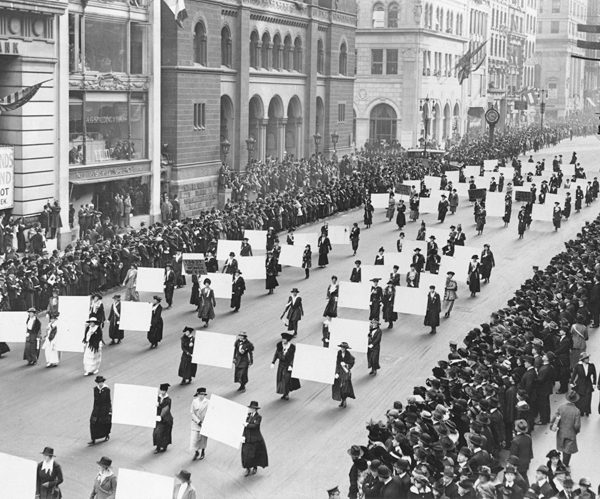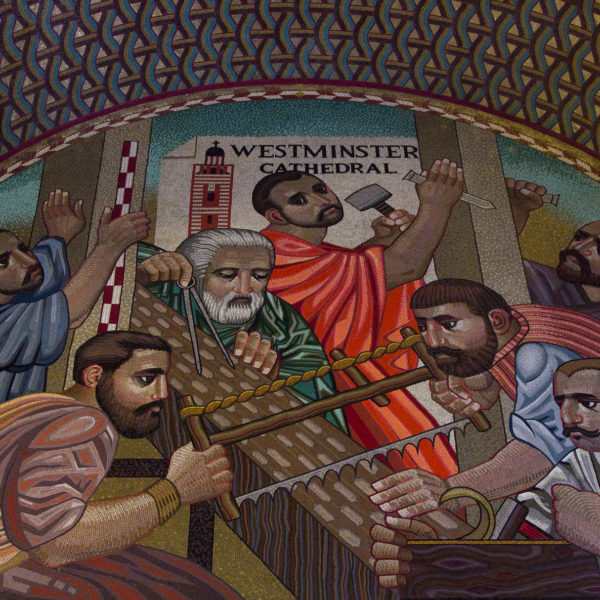
The economic crisis of 2007-08 contributed to an increasing sense of disillusionment with the mainstream economic thinking of the left and particularly of the right, and as a result a number of heterodox ideas and traditions have gained renewed interest. This disillusionment has led to a great deal of ferment in Catholic circles in particular because Catholic social thought offers an intellectually rich tradition of thinking on economic issues that does not fit easily into mainstream categories.
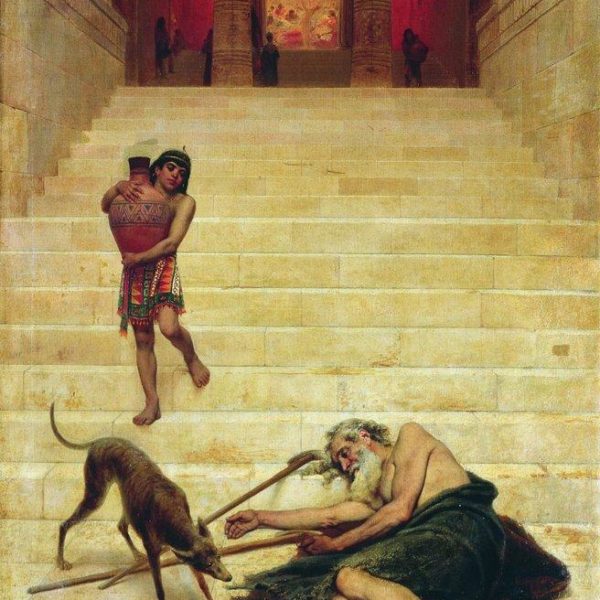
Jesus’ story of the Rich Man and Lazarus is a challenging account of the one neglected at the gate, who ends up being exalted, while the one at ease within is cast out. This story has a particular contemporary resonance in the context of the recent events surrounding the construction of the Dakota Access Pipeline.
